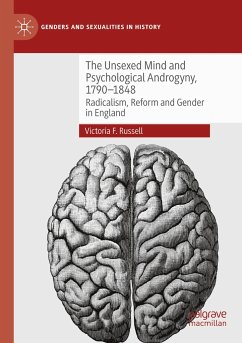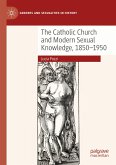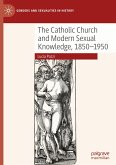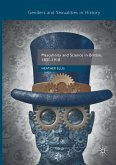This book explores a significant lacuna in British history. Between the 1790s and the 1840s, the concept of psychological androgyny or the unsexed mind emerged as a notion of psychosexual equality, promoted by a small though influential network of heterodox radicals on the margins of Rational Dissent. Deeply concerned with the growing segregation of the sexes, supported seemingly by arbitrary and increasingly binary models of sexual difference, heterodox radicals insisted that while the body might be sexed, the mind was not. They argued that society and the prejudicial masculinist institutions of patriarchy should be reformed to accommodate and protect what one radical described as an 'infinitely varied humanity'. In placing the concept of psychological androgyny centre stage, this book offers a substantial revision to understandings of progressive debates on gender in the late eighteenth and early nineteenth-century in Britain.
Bitte wählen Sie Ihr Anliegen aus.
Rechnungen
Retourenschein anfordern
Bestellstatus
Storno








